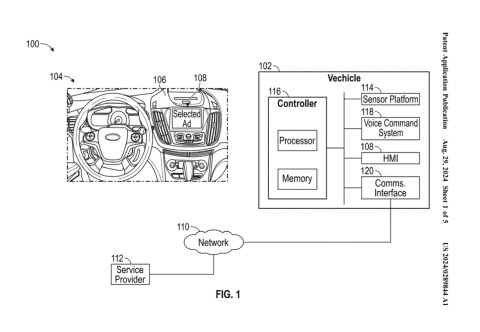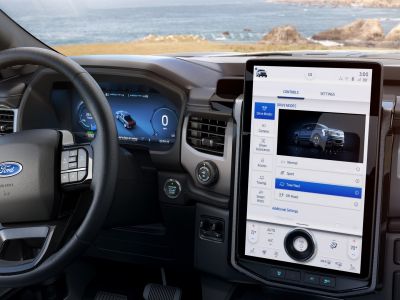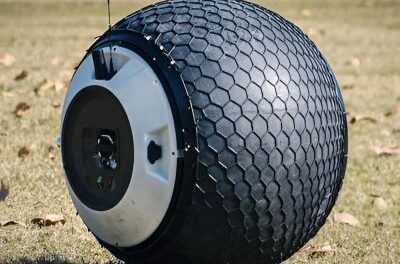Ford has filed a patent application with the U.S. Patent and Trademark Office describing a system for displaying ads in a car. At the same time, we are talking about ads based on data directly from the machine so that they are the most relevant.
The patent states that various data can be taken into account to display ads, such as the predicted destination, route, speed and preferences of the user. Notifications should be displayed on the car’s multimedia screen. It can be assumed that if a person goes to the store, then he will be shown ads for goods from there. Or the system will offer different establishments along the route of the vehicle.
Ford clarifies in the patent that the system adjusts the type and number of advertisements based on factors such as driving conditions and user preferences to maintain the relevance of the advertisement and not distract the driver.
Given the fact that this is the third such Ford patent describing the display of advertising inside the car, the company is really considering the introduction of such a system.
Car manufacturer Ford Motor Company has filed a patent application for an in-vehicle advertisement presentation system based on information derived from several trip and driver characteristics. Among those characteristics—human conversations.
In the abstract of the patent application publication Ford writes:
“An example method includes determining vehicle information for a trip, the vehicle information including any one or more of a current vehicle location, a vehicle speed, a drive mode, and/or traffic information, the user information including any one or more of a route prediction, a speed prediction for the trip, and/or a destination, determining user preferences for advertisements from any one or more of audio signals within the vehicle and/or historical user data, selecting a number of the advertisements to present to the user during the trip, and providing the advertisements to the user during the trip through a human-machine interface (HMI) of the vehicle.”
Further one it details that “the controller may monitor user dialogue to detect when individuals are in a conversation.”
Based on this info, the controller can decrease or increase the number of advertisements. And “the conversations can be parsed for keywords or phrases that may indicate where the occupants are travelling to.”
Okay.
Essentially, the car you’re driving would not only spy on your driving behavior, your present and future locations, and your requested driving routes, but it would also eavesdrop on you. And let’s not forget the safety implications of displaying advertisements while you’re driving.
We have spoken about cars and privacy at length and came to the conclusion they’re not very good at it. Many politicians in the US agree with that point of view. US senators have asked the Federal Trade Commission (FTC) to investigate car makers’ privacy practices and Texas Attorney General Ken Paxton sued General Motors for selling customer driving data to third parties.
We explained why car location tracking needs an overhaul and we’ve implored that automakers work together to help users by providing them with the ability to turn tracking features off (a serious vulnerability for people fleeing from an abusive relationship).
Yet nowhere in the entire document exists one word about how Ford intends to keep the acquired information secure. We’d advise all car companies remediate existing security vulnerabilities before introducing potential new ones.
What’s next, Ford? Will you stop working if we drive past one of the establishments that sponsor your ads? Or was that “feature” to disable a functionality of a component of the vehicle or to place the vehicle in a lockout condition only for the repossession plans you attempted to patent earlier on?
Another controversial Ford patent filed in July described technology that would enable vehicles to monitor the speed of nearby cars, photograph them and send the information to police.
In a statement to Fortune, the company clarified that filing a patent is a standard practice to explore new ideas and doesn’t necessarily indicate immediate plans to release such a system.
We realize that advertisements make the internet go round. Many useful websites could not exist without them. But do these in-vehicle advertisements benefit the owner of the car? If it makes the cars cheaper, I’d be willing to pay some extra to not be bothered and eavesdropped on while driving.















